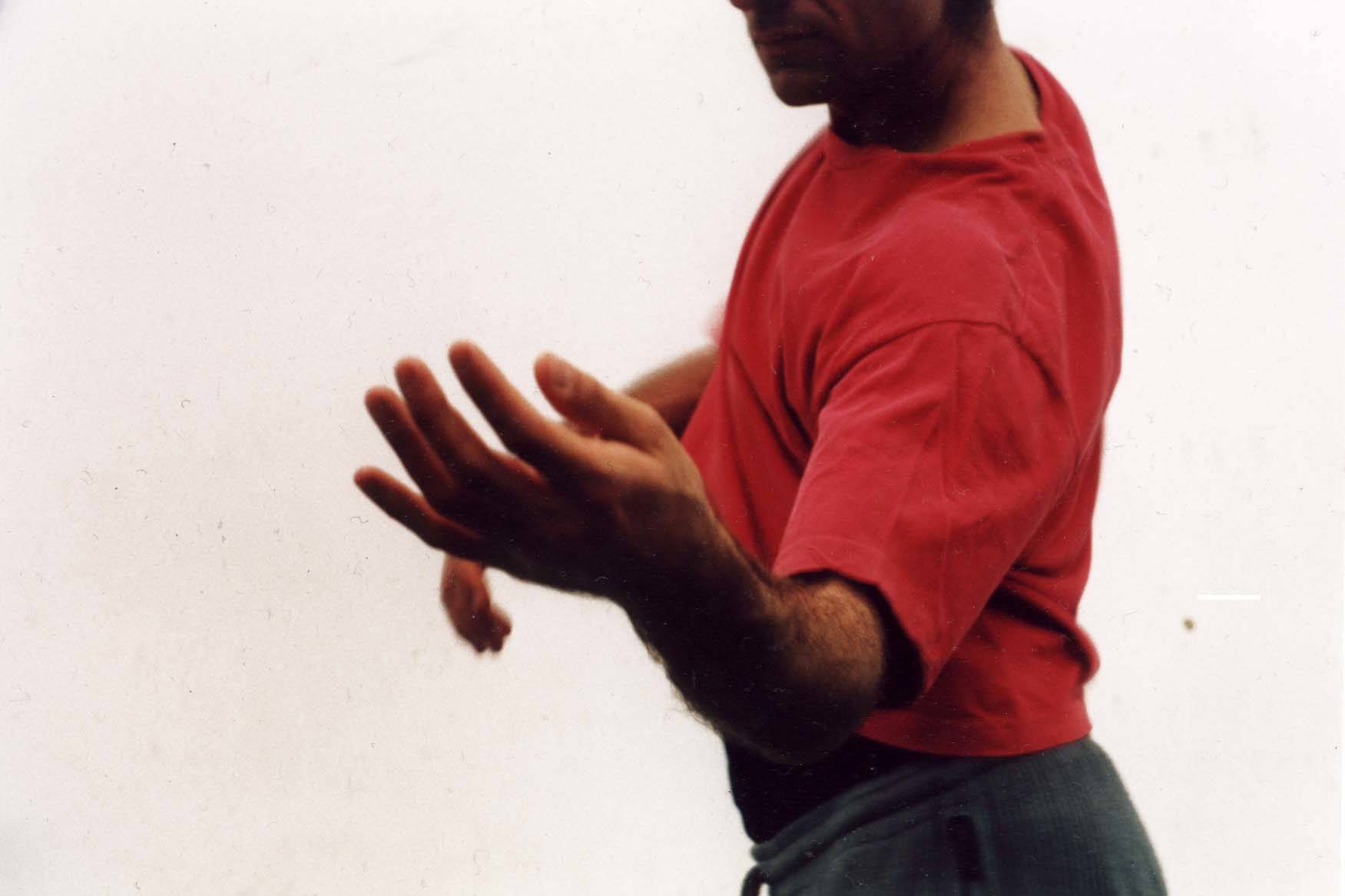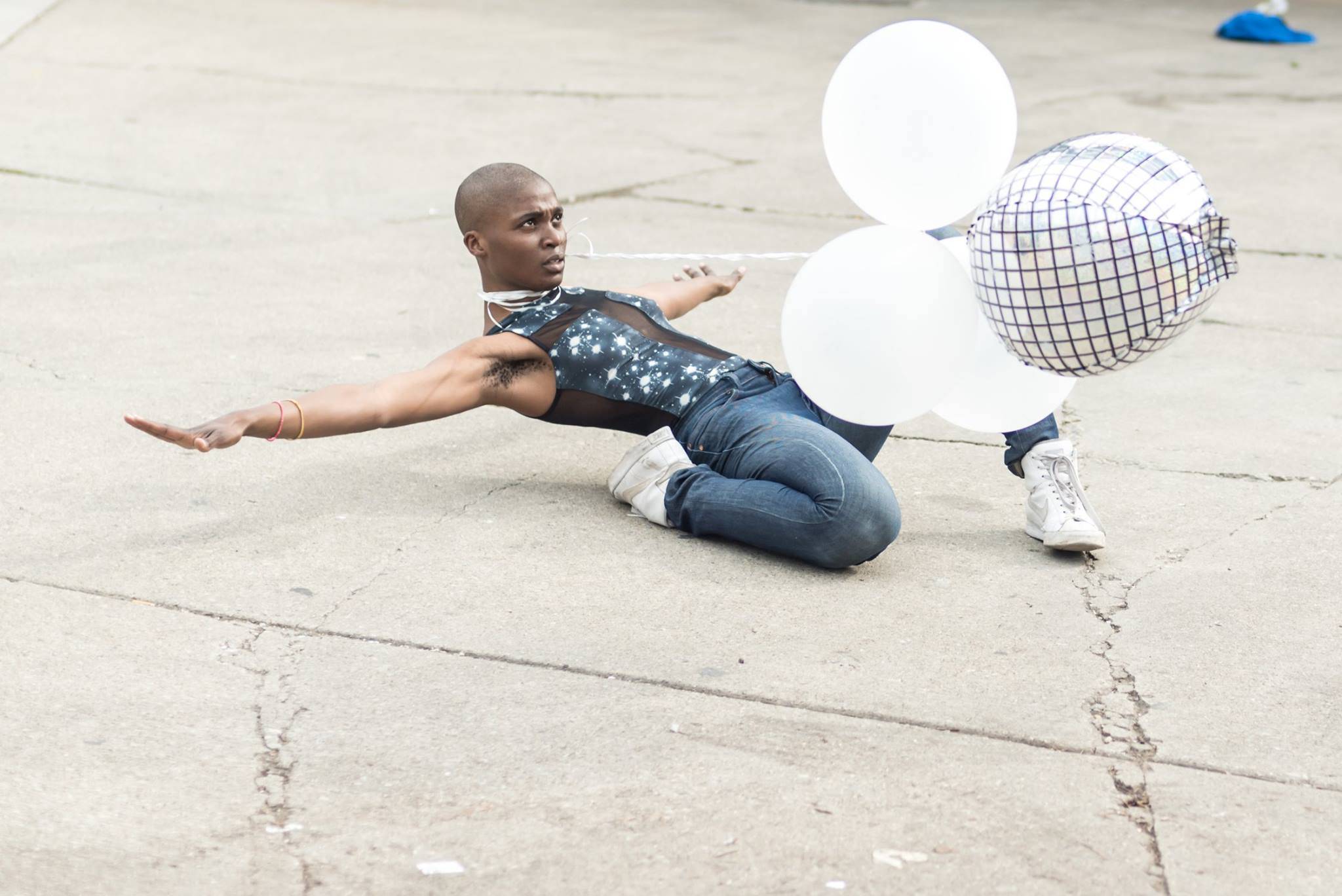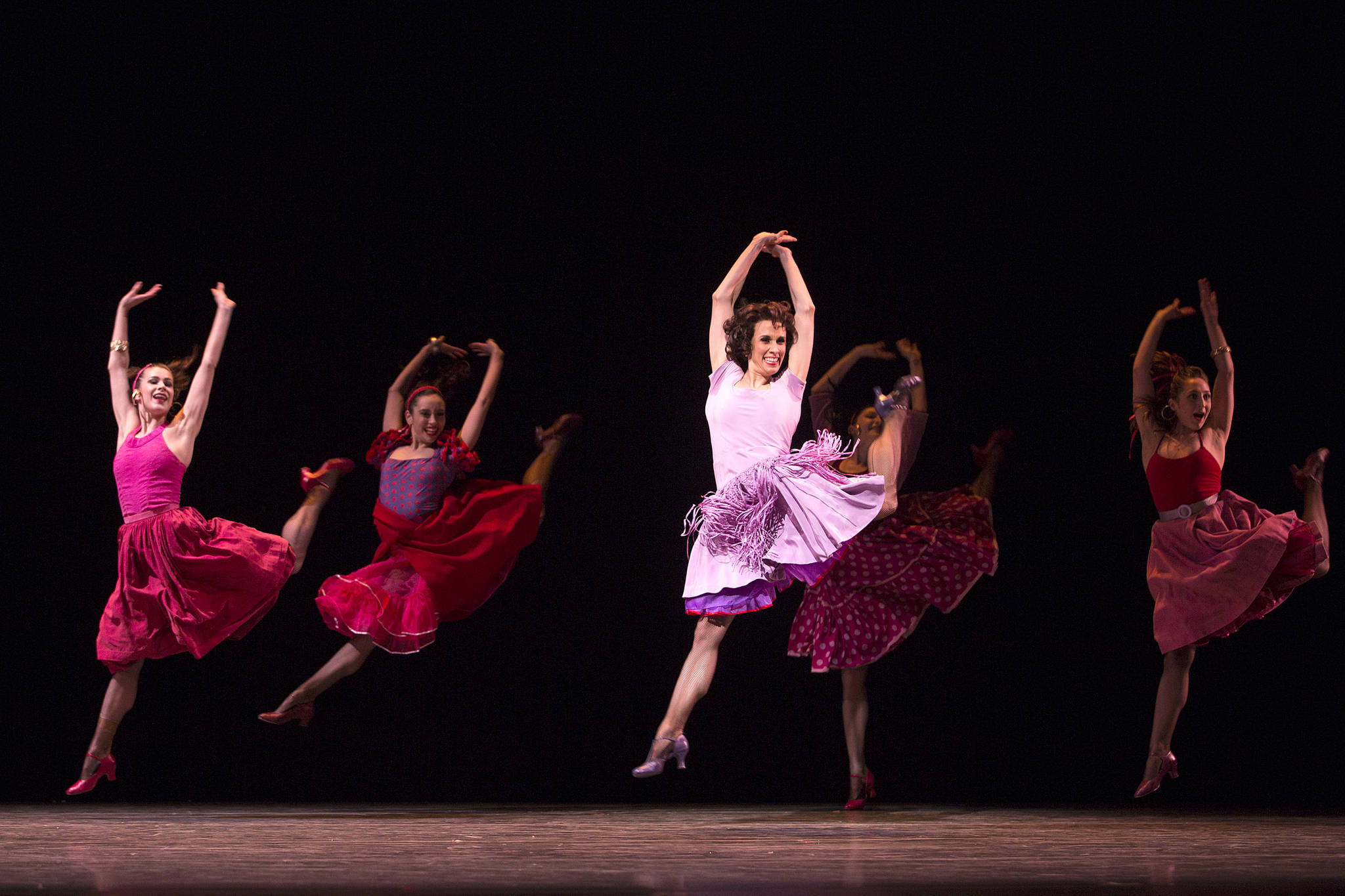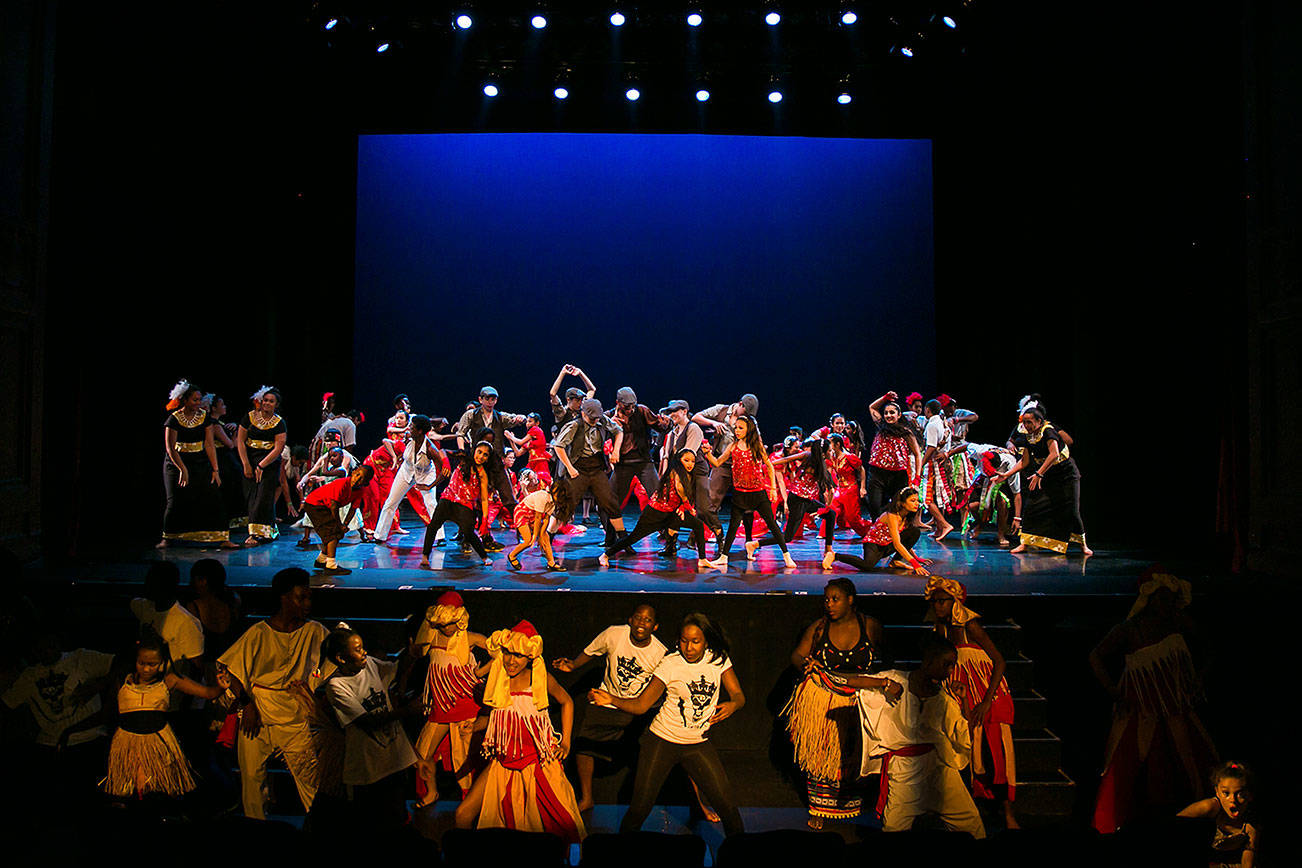There’s something about the 19th-century ballets choreographed by Marius Petipa (1818–1910) that calls for excess. The old stories handed down to our more frugal times enchant us with their extravagant details—real silks and satins for costumes, lavish sets with elaborate special effects. There’s a legacy of real royalty in the audience and bygone opulence on stage. (Dancers once wore their personal jewelry in performance.)
Contemporary performances don’t try to emulate such costly stagings, but they do represent another kind of wealth. Repertory classics like Swan Lake are valued as much for ticket sales as their aesthetic appeal. Pacific Northwest Ballet made a big investment with its revamped Swan Lake (coinciding with the 2003 opening of McCaw Hall), created by Kent Stowell and Francia Russell and now presented for the fifth time. (Only Nutcracker has had more performances.)
These heritage works are often called “warhorses,” as if that were a bad thing, but the truth is that dancers still long to embrace their challenges. Part of the draw here is the safety of a well-known work, but for dancegoers Swan Lake is also a chance to track the development of a career—or of the company as a whole. Three couples rotate through the main roles of Prince Siegfried and Odette/Odile, backed by a plethora of dancers sorted into the smaller parts. Among 50 performers, there’s a certain amount of doubling.
In the challenging Act 1 pas de trois, for example, Steven Loch does an excellent job with his multiple jumps and changes of direction, which alternate with clearly controlled turns. He shows a clean classical technique as well as an engaging stage presence while leading the czardas in Act 3, not to mention serving as one of the ubiquitous “friends” of Siegfried. Benjamin Griffiths, who shines in such difficult parts, also dances a lovely pas de trois—alongside several outings as the jester, a highly acrobatic role.
Angelica Generosa and Leta Biasucci aren’t twins, but they’re similar enough to often share roles or be paired onstage. Forming half of the notorious Four Little Swans in Act 2, they dance with linked arms in perfect unison, heads bobbing in a tick-tock beat. (It’s one of the ballet’s best-known moments.) They also do excellent work in the snappy Neapolitan dance in Act 3.
Matthew Renko and Ezra Thomson share the role of the tipsy tutor Wolfgang, who gets increasingly drunk during Act 1. When Stowell first choreographed this part, it was fairly subtle. Today, embellishment reigns: Renko’s tutor tries to clear his head by adjusting his cuffs; while Thomson’s smooths back his hair whenever the world starts spinning.
However,
Swan Lake
is all about the central couple. Three women portray Odette, the enchanted queen of swans, and Odile, her conniving doppelganger. New to the roles, a convincing Laura Tisserand gets well beyond the steps to the nuances of performance. Her lovestruck Siegfried is the more experienced Batkhurel Bold. Together they create some beautiful moments, especially Odette’s Act 4 forgiveness for Siegfried’s betrayal. With time, Tisserand will be able to connect those individual moments into a lovely whole.
Lesley Rausch and Seth Orza are both veterans, now more comfortable in their roles. Rausch is still more at home in the softer part of Odette, rather than as the wily Odile; she glows more than sparkles. Still, you can see her trying sharper accents for Odile, while Orza—who usually comes off as a guy rather than a prince—strikes a working balance between the two distinct female characters.
Retiring from PNB in June, Carla Korbes continues to grow in the lead part, even as she prepares to leave it. She’s always a very musical performer, yet her kinetic response to the score has become even more nuanced. She makes a rhythmic connection between the iconic swan gestures—preening and shivering, and the essential “wings”—and key moments in the music without losing the overall flow of the phrase. (Her partner is Karel Cruz: gracious with the court yet still ardent with Odette.) In this iconic role, Korbes is likely one of the best Odettes of her generation. It’s been a pleasure to see her develop during the past decade, and it’s now sad to see her go.
dance@seattleweekly.com
MCCAW HALL 321 Mercer St. (Seattle Center), 441-2424, pnb.org. $45–$192. 7:30 p.m. Thurs.–Sat., 1 p.m. Sat.–Sun. Ends April 19.








